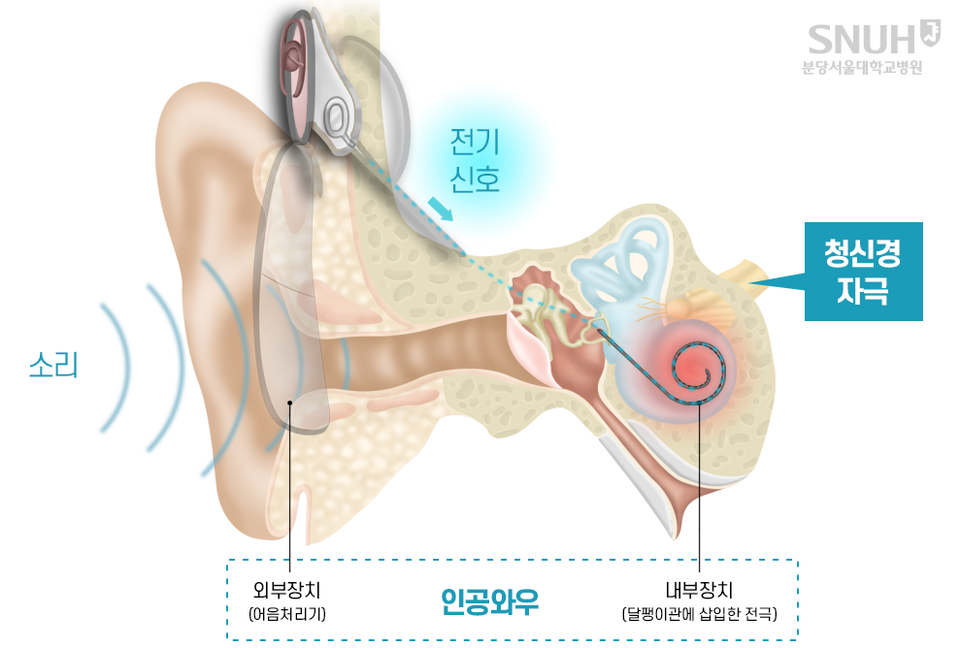RELATED Live.
- About us
- KIMA Members
-
KIMA Doctors
- All
- Anesthesiology
- artificial joint center
- Breast and Endocrine Surgery
- Breast cancer and thyroid cancer center
- Breast Surgery
- Cardiology
- Cardiothoracic Surgery
- Cerebrovascular Center
- Colorectal Surgery
- dental and maxillofacial surgery
- Dermatology
- Endocrinology
- Gastroenterology
- General Surgery
- Genito-Urology
- Hematology
- Hemato-oncology
- Infection Center
- Internal Medicine
- International Healthcare Center
- Korean Medicine
- liver center/Pancreas and billiary tract center
- Liver Transplantation
- Neurology
- Neurosurgery
- Obstetrics & Gynecology
- Ophthalmology
- Orthopedic
- Otorhinolaryngology
- Pediatric & Juvenile
- Pediatric Allergy and Respiratory Diseases
- Pediatric Gastroenterology
- Pediatric Neurology
- Pediatrics
- Physical Medicine & Rehabilitation
- Plastic & Reconstructive Surgery
- plastic surgery
- Pulmonology
- Radiation oncology
- Rheumatology
- Thyroid & Endocrine Surgery
- Urology
- Vascular Surgery
- KIMA News
- KIMA Live
- Community
KIMA NEWS

Seoul National University Bundang Hospital (SNUBH) Hearing Rehabilitation Center of the Department of Otolaryngology (professors Koo Ja-won, Choi Byung-yoon, and Song Jae-jin) has recorded 1,000 cases of cochlear implant surgery.
The first-ever cochlear implant surgery at the SNUBH Hearing Rehabilitation Center was carried out in 2005. With ongoing improvements in surgical outcomes and advances, the center recorded its 500th cochlear implant case in 2019 and 1,000th case in December of 2021.
Considering that cochlear implant surgery has been common since 1990, the SNUBH Hearing Rehabilitation Center was a latecomer, yet the fact that it has performed 1,000 operations in a span of just 16 years shows that it has successfully established itself as a center of cochlear implant surgery in Korea.
Cochlear implants are an effective method of hearing rehabilitation for patients with severe-to-profound hearing loss who cannot hear even with hearing aids.
A cochlear implant is a small electronic device that is designed based on the cochlear, and it converts sounds into electrical signals in place of cochlear hair cells, which are the sensory cells of the hearing system. While a hearing aid supplements the hair cells’ ability to convert electrical signals by increasing sound stimulation, cochlear implant surgery is performed when hair cells are completely damaged and unable to convert sound into electrical signals.
SNUBH, which inherited the teachings and legacy of the late Professor Kim Jong-sun (former Emeritus Professor of SNUH), a pioneer in cochlear implant surgery in Korea, focuses on helping patients overcome various issues and obstacles that arise after surgery so that they can take advantage of the cochlear implants, instead of simply attempting as many cochlear implant surgeries as possible.
Professor Koo Ja-won said, “We have been holding regular presentations to provide patients suffering from hearing loss with the latest relevant information for a better understanding of cochlear implants, and are offering opportunities for patients and families to share their experiences and knowhow after surgery in patient meetings. I believe that the efforts to carry out surgery successfully as well as to help patients share information with one another paved the way to achieve 1,000 cases of [cochlear implant] surgery.”
The SNUBH Hearing Rehabilitation Center performs cochlear implant surgery in reflection of the latest information and findings and conducts various studies on cochlear implants.
The center has been taking an individually tailored treatment approach based on precision medicine, such as predicting the degree of hearing rehabilitation after cochlear implant surgery based on brain function image data analysis and conducting customized hearing rehabilitation research for pediatric and adult hearing loss patients based on genetic diagnosis, which has led to improved outcomes.
“Since we are strictly implementing personalized cochlear implant treatment based on preoperative imaging and genetic analysis, we are able to accurately determine the size of the patient’s cochlea and the possibility of genetic hearing loss and shorten the treatment period, which helps maximize the effectiveness of hearing rehabilitation,” said Professor Choi Byung-yoon.
Professor Song Jae-jin added, “Hearing and brain function are closely associated with each other, and in the case of severe hearing loss or worse, brain function is particularly adversely affected. As such, there is a need to consider cochlear implant surgery before it is too late.”
Meanwhile, the SNUBH Hearing Rehabilitation Center assists patients undergoing cochlear implant surgery for severe hearing loss from even before admission until rehabilitation after discharge, based on systematic patient management. Since cochlear implant surgery requires not only the patient but also their entire family to establish a methodical plan for treatment and rehabilitation, they are provided with accurate information and general education about cochlear implants as well as psychosocial counseling as a means to relieve anxiety before surgery.
Inquiry